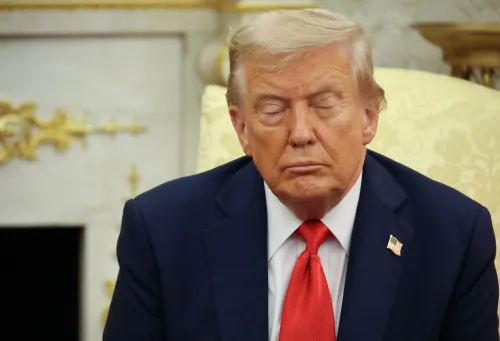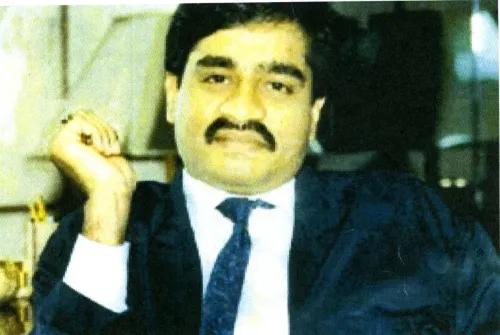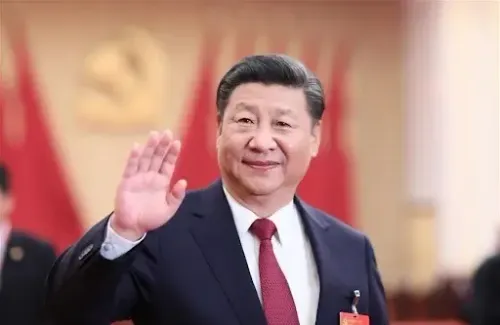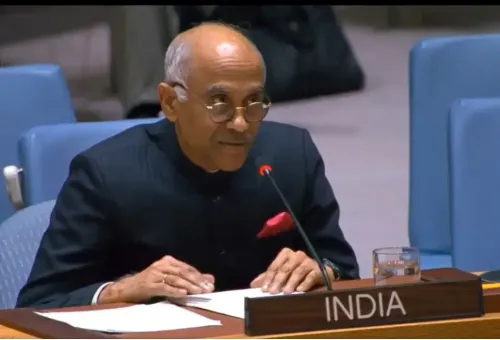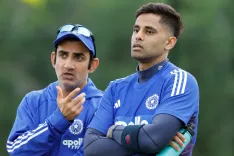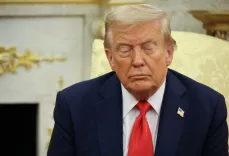Nepal's Supreme Court Orders Government to Meet Teachers' Demands
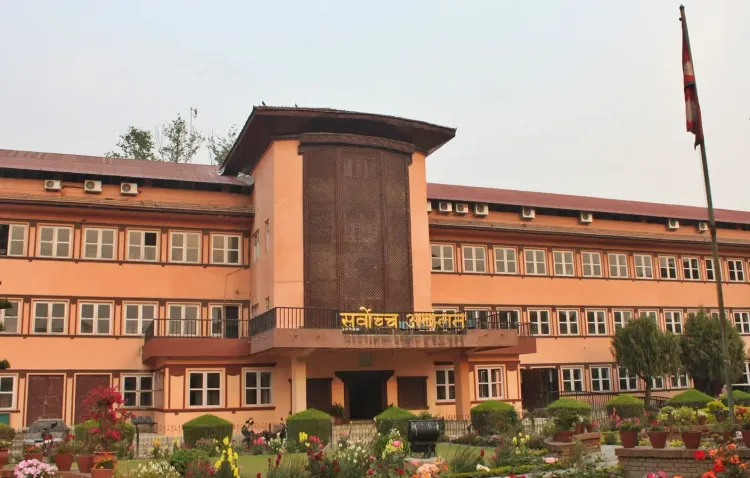
Synopsis
Key Takeaways
- Supreme Court of Nepal intervenes in teacher protests.
- Teachers must return to classrooms in three days.
- Students' right to education is emphasized.
- Examination schedules are to be maintained.
- Protesting teachers seek long-term solutions.
Kathmandu, April 25 (NationPress) The Supreme Court of Nepal has issued an interim order instructing the government to fulfill the legitimate demands of the protesting teachers, ensuring that they return to classrooms within a period of three days.
The ruling indicated that the ongoing protests by teachers have infringed upon the students' right to education, and would persist without judicial intervention, as reported by local media.
“In relation to addressing the legitimate and constitutionally valid demands of the protesting teachers, the defendants [the prime minister’s office and other government bodies] are hereby ordered to make necessary decisions and guarantee, within three days from the date of receiving this order, that the protesting teachers return to their schools, thereby restoring a conducive environment for regular teaching and learning,” stated the order from Justice Nahakul Subedi's single bench.
“The future of millions of students is being thrown into uncertainty due to the protests. The right to education is a fundamental human right, and it is the duty of the state to uphold it,” the order emphasized.
Furthermore, the court has mandated that the results of the Secondary Education Examination (SEE) be released on schedule and that the Grade XII Board exams proceed as planned, according to local media.
In the meantime, several local administrative units in Nepal have also urged the protesting teachers to resume their responsibilities.
“While classes have already begun in private schools, community schools remain closed. This violates the right to education for children. All teachers are instructed to return to their duties,” stated Budhanilkatha Municipality in an official announcement.
Similarly, the Mandandeupur Municipality of Kavre has issued a comparable directive to the teachers.
“The municipality firmly believes that children's education must not be interrupted under any circumstances,” said the municipality in a statement.
Both local bodies have called upon the government to address the legitimate concerns of the protesting teachers, as reported by Nepal's leading newspaper, The Kathmandu Post.
Despite the Supreme Court's ruling and directives from various local bodies, the teachers have asserted that they will not cease their protests until the School Education Bill is passed.
“What is the court’s stance on ensuring justice for us? We seek a long-term resolution to this issue. The protests will not end without the Act. However, we will make a formal decision only after reviewing the court order and consulting with our colleagues,” remarked Nanu Maya Parajuli, co-chair of the federation.
Recently, Nepal’s Grade 12 examination, initially set to start on Thursday, was postponed until May 4 as government school teachers continued their protests and refused to participate in the examination process.
Earlier this week, Nepal's Education Minister Bidya Bhattarai resigned amid disagreements with Prime Minister K.P. Sharma Oli and Finance Minister Bishnu Paudel regarding the demands of protesting teachers for perks and benefits, according to local media reports.
The demonstrations and sit-ins by teachers in the Maitighar-Naya Baneshwor area of Kathmandu since April 2 have significantly disrupted the national enrollment campaign and delayed critical academic tasks, including the evaluation of answer sheets from the recently conducted Secondary Education Examination (SEE).

